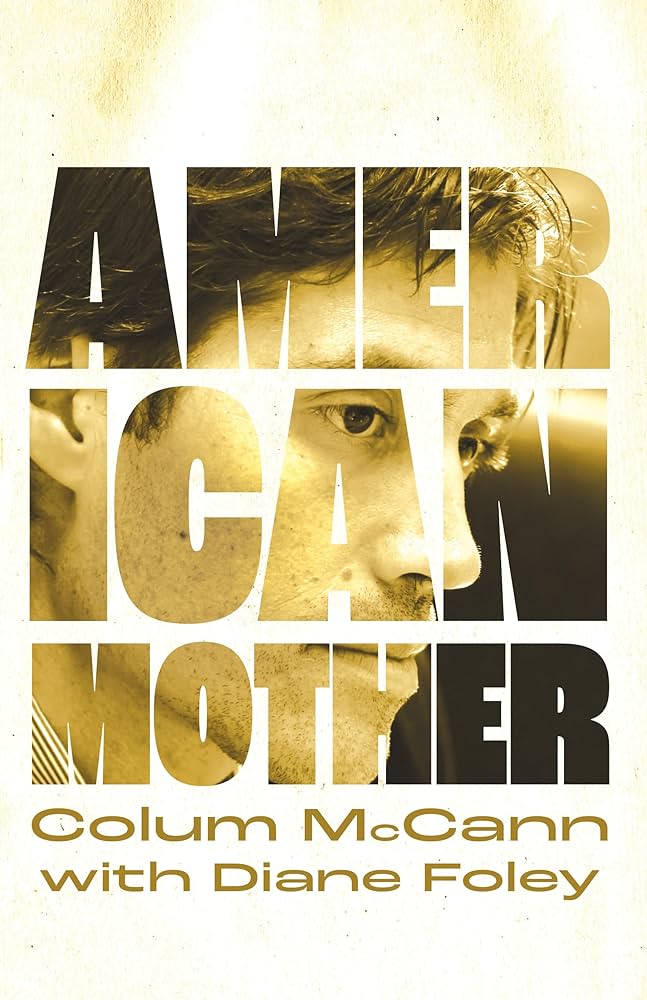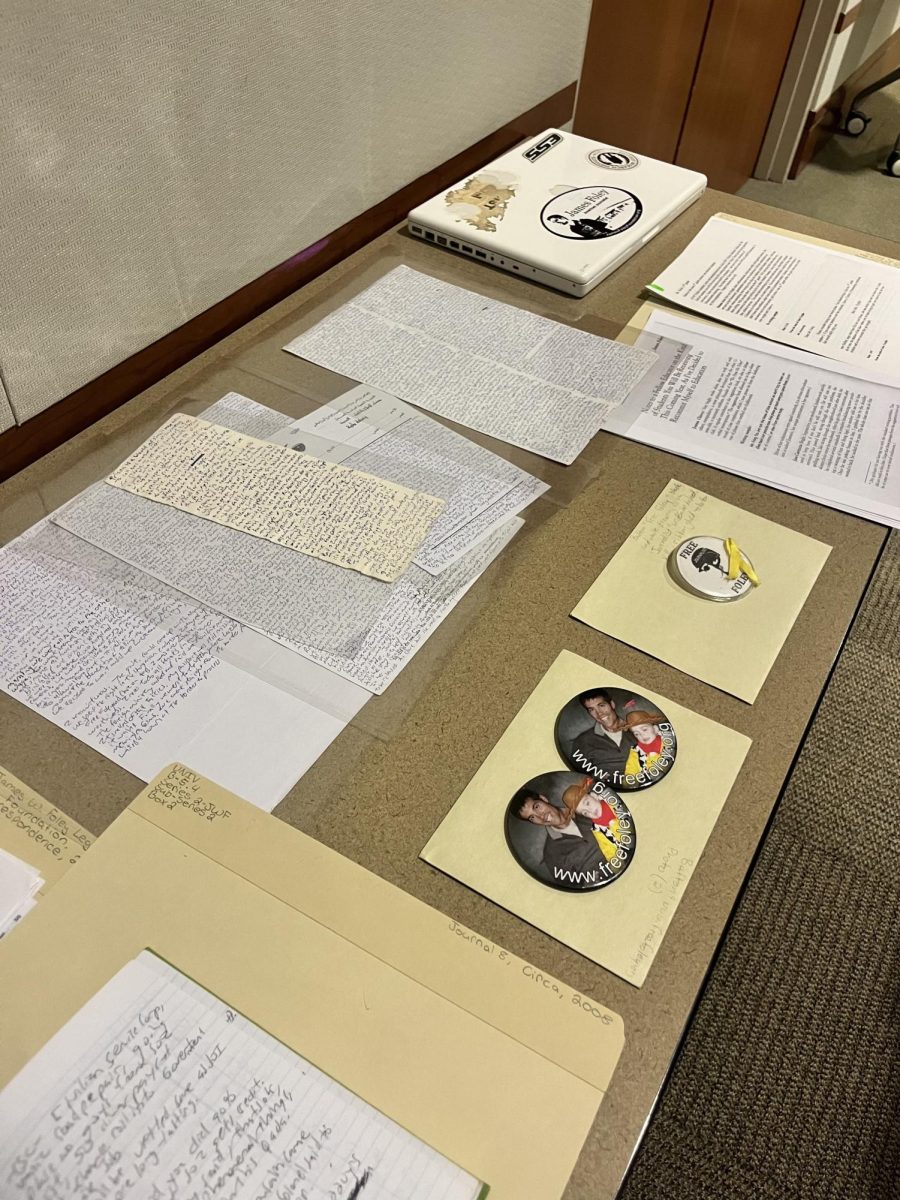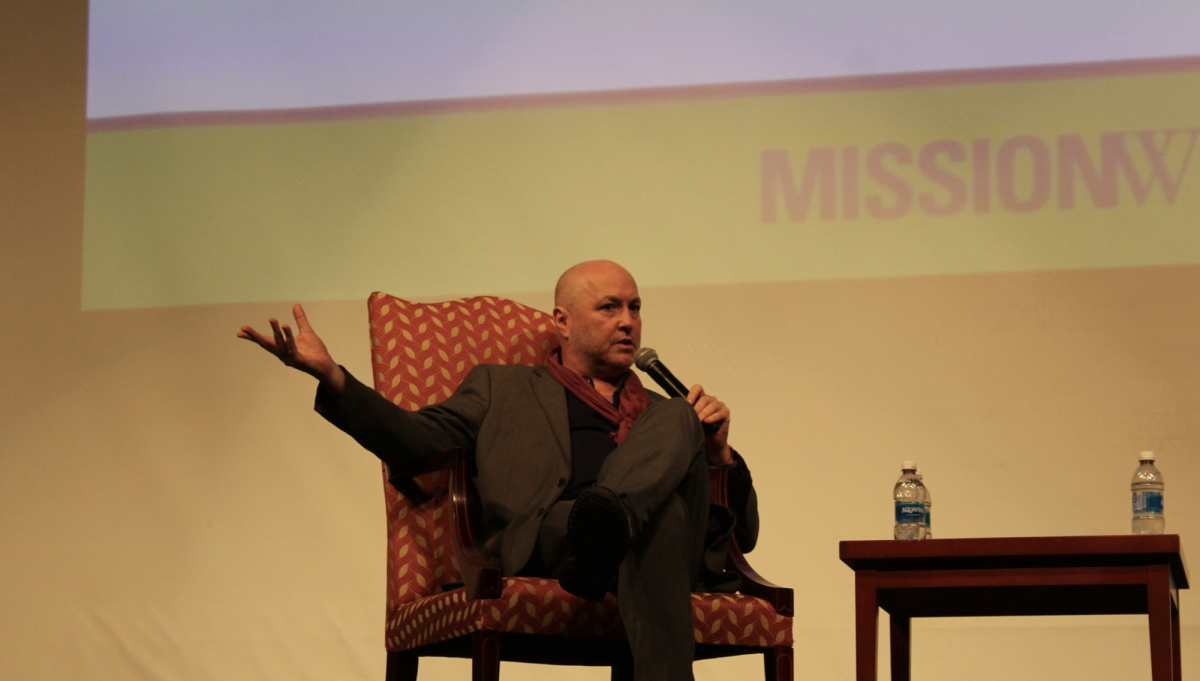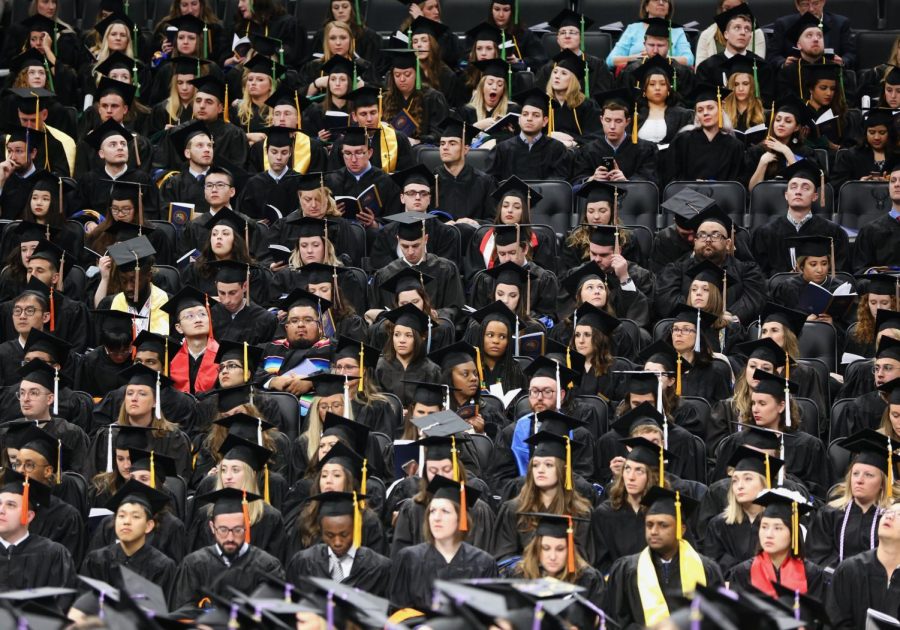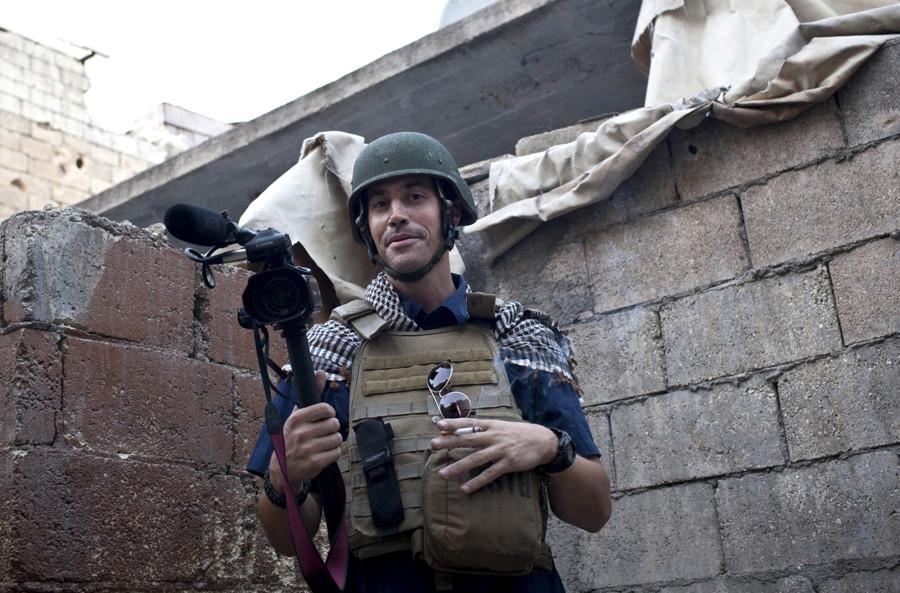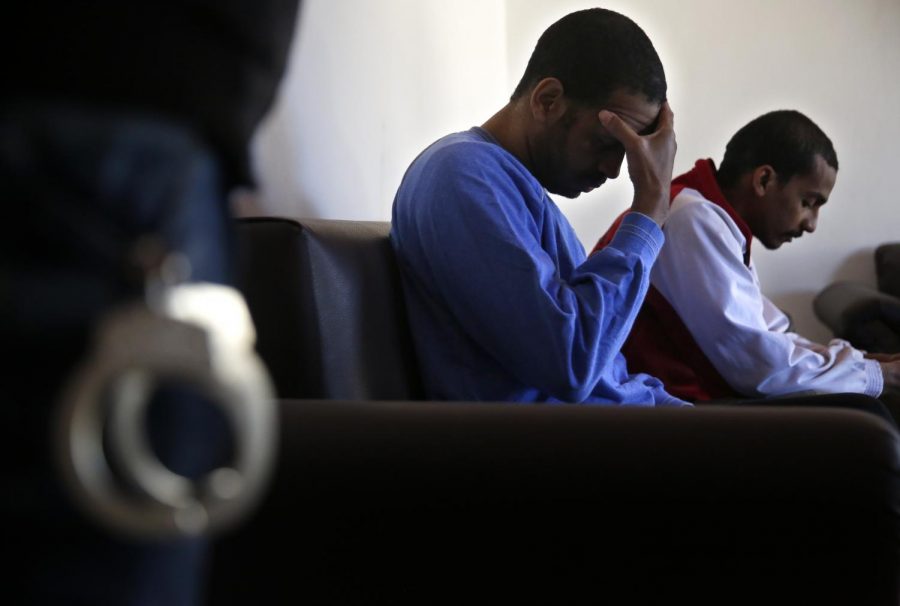Diane Foley is a mother, grandmother, activist and now author. Foley lost her son, Marquette alum and conflict journalist James Foley, in 2014 when he was killed by ISIS.
In light of her loss, Diane has made immense efforts to keep James’ memory alive. In order to do this, she has worked to change how the U.S. handles hostage situations and changed U.S. policy.
In addition, she has started the James Foley Legacy Foundation which was created to teach future journalists about safety while on the job. The foundation teaches safety in addition to advocating for Americans who are being held hostage or are wrongfully detained abroad.
Her newest work has been writing a book titled “American Mother” that she has written with the help of Irish author, Colum McCann, an international best-seller.
McCann and Diane met through a Marquette University Zoom call. Previously, to McCann’s surprise, he learned that James had read one of his novels, “Let the Great World Spin.” while he was in Afghanistan.
“We met through Marquette, we were studying one of Colum’s books and I was invited to the zoom call, it was just all those little pieces that connected us,” Diane said.
After this, McCann visited Diane and the two became friends and he offered to help her write the book. From there the work started in 2021.
The book “American Mother” is a tale of forgiveness and faith. It details how Diane used her faith to find strength even in the wake of her loss, and how she is forgiving of others, including one of the men involved in her son’s death.
“That’s the challenge, it’s hard to speak to people who are unkind to us, or who hurt us and sometimes only God can give us the strength and courage to do so.” Diane said.
Upon its release the book has found success by making it on the bestsellers list in Paris and Dublin. And after its release in several countries, it was published in the United States on March 5 2024.
“It’s a story about moral courage, also a story about a woman that defies all the odds, changes the political landscape and uses the source of her faith to turn her grief around and do something really powerful for the world,” McCann said.
McCann wrote the book with Diane’s input to make sure it remained true to her personal experiences. He hopes that lots of people will have the chance to read “American Mother,” especially at Marquette University.
Diane said that she wanted the book to portray a message of hope to readers.
The book begins and ends with Diane’s recollection of her visits with Alexanda Kotey. Kotey was one of the men responsible for her son’s murder and agreed to talk to his victims’ families as a part of his plea deal.
The book covers her visits with Kotey along with her experiences while James was captured, how she has since gone on to change U.S. policy and her continued work to bring innocent Americans home.
Diane struggled with the idea of meeting with Kotey but decided to go through with it because she believed it is what James would have wanted.
During these visits to Kotey, McCann accompanied Diane.
According to the book, during their last meeting together Kotey shakes Diane’s hand. When asked why he does this despite having gone years without touching women in accordance with his religion, he said “she’s like a mother to us all.”
Diane wanted her book to inform others about a topic she previously did not know about, which was how the U.S. handles hostage situations.
“I knew nothing about journalism and hostage taking, the one thing I was sure of when Jim was killed was that we had to do something. As an American, I felt our country should have the back of brave Americans,” Diane said.
Diane also shares her strong faith in the book. Before she met with Kotey for the first time, she prayed and asked God for strength in the upcoming trials.
“None of this would have been possible without God’s grace, and knowing that God was with me, and that he would sustain me,” Diane said.
Diane said that the inspiration behind the Foley Foundation, and now the novel, was because of her son’s wishes and what she believes he would want future generations to remember. She believes that telling his story helps people remember him and his legacy, which included a message of positivity.
“This is a time in our world when there is so much negativity…and you young people are our hope, and the world is counting on you in some ways,” Diane said.
This story was written by Ruby Mulvaney. She can be reached at ruby.mulvaney@marquette.edu.


